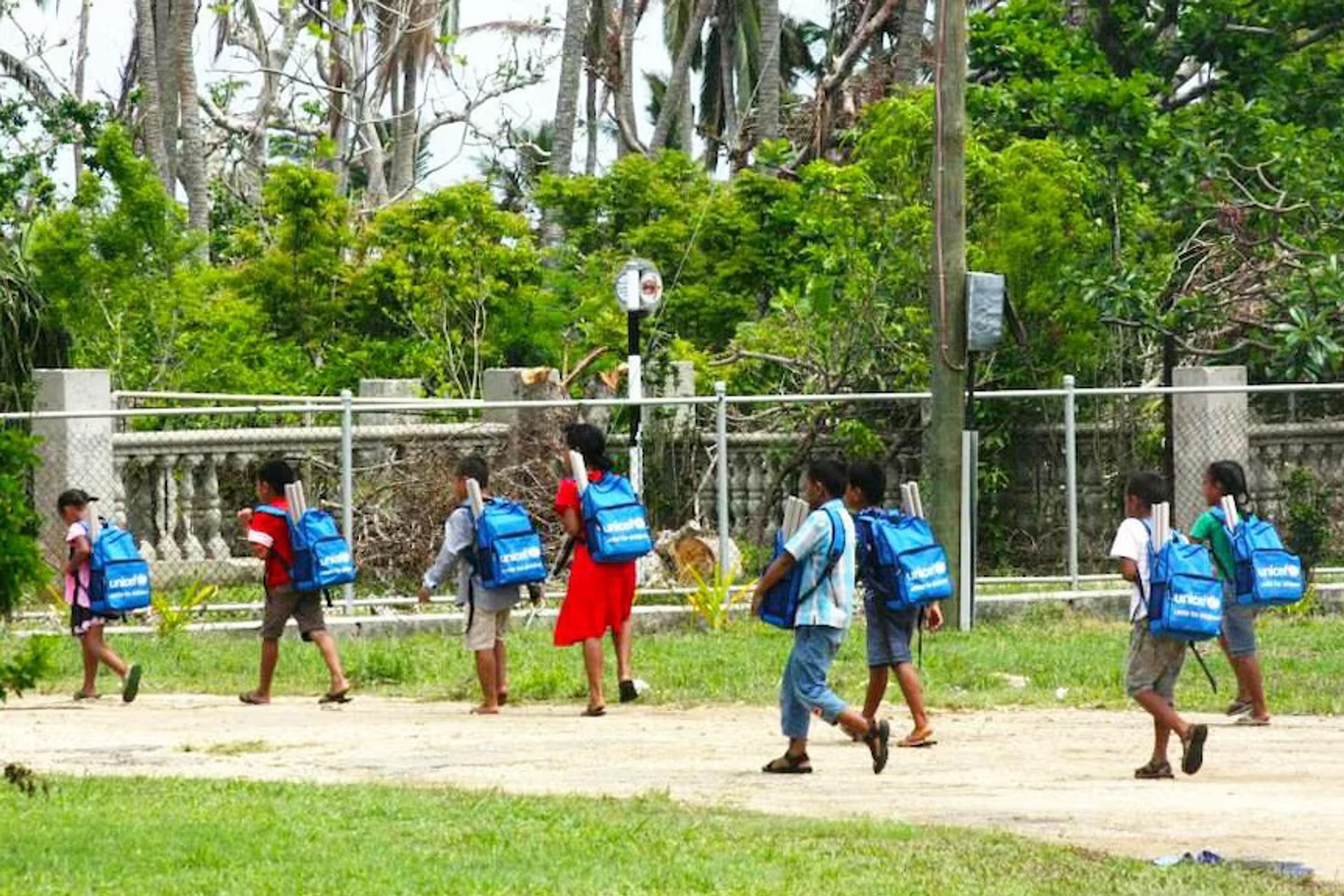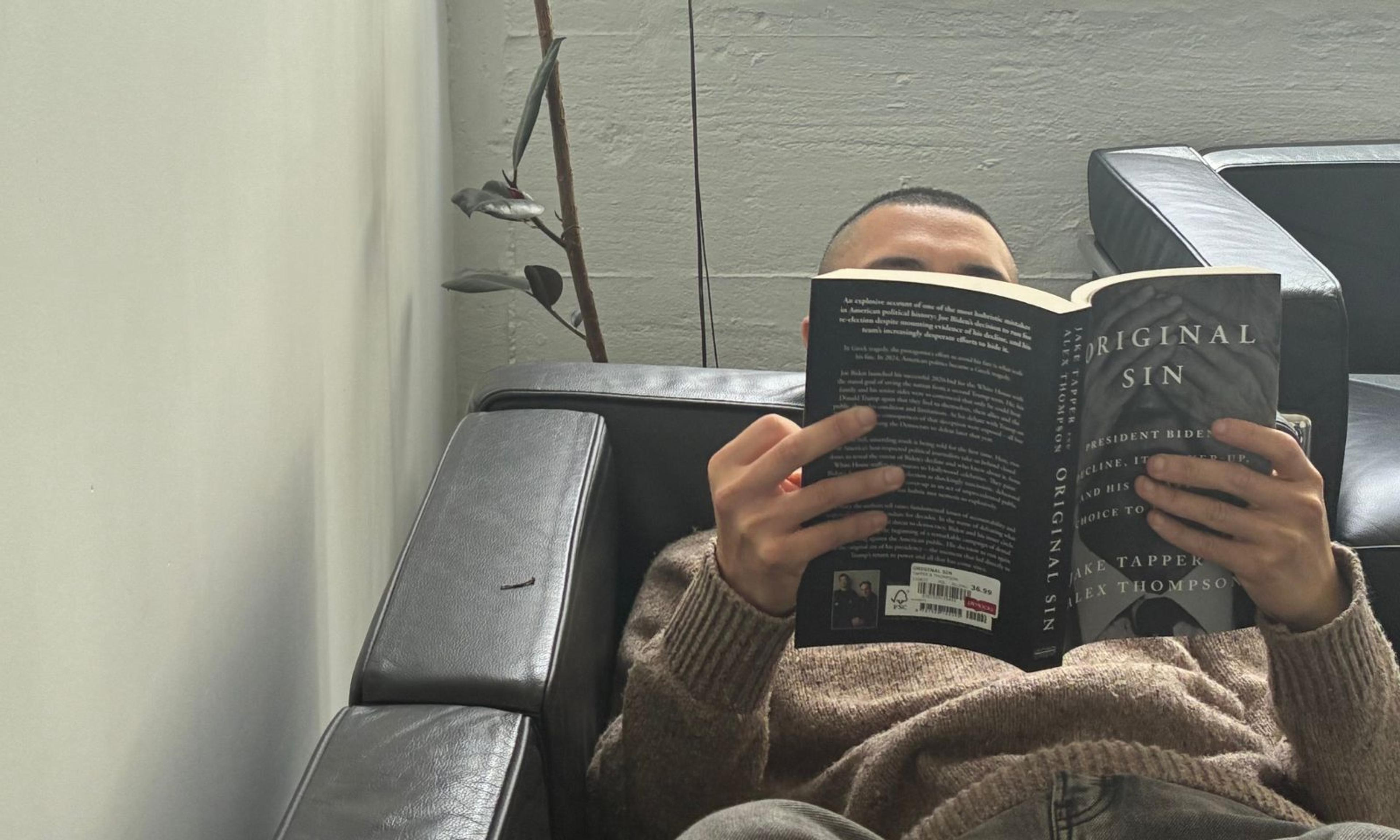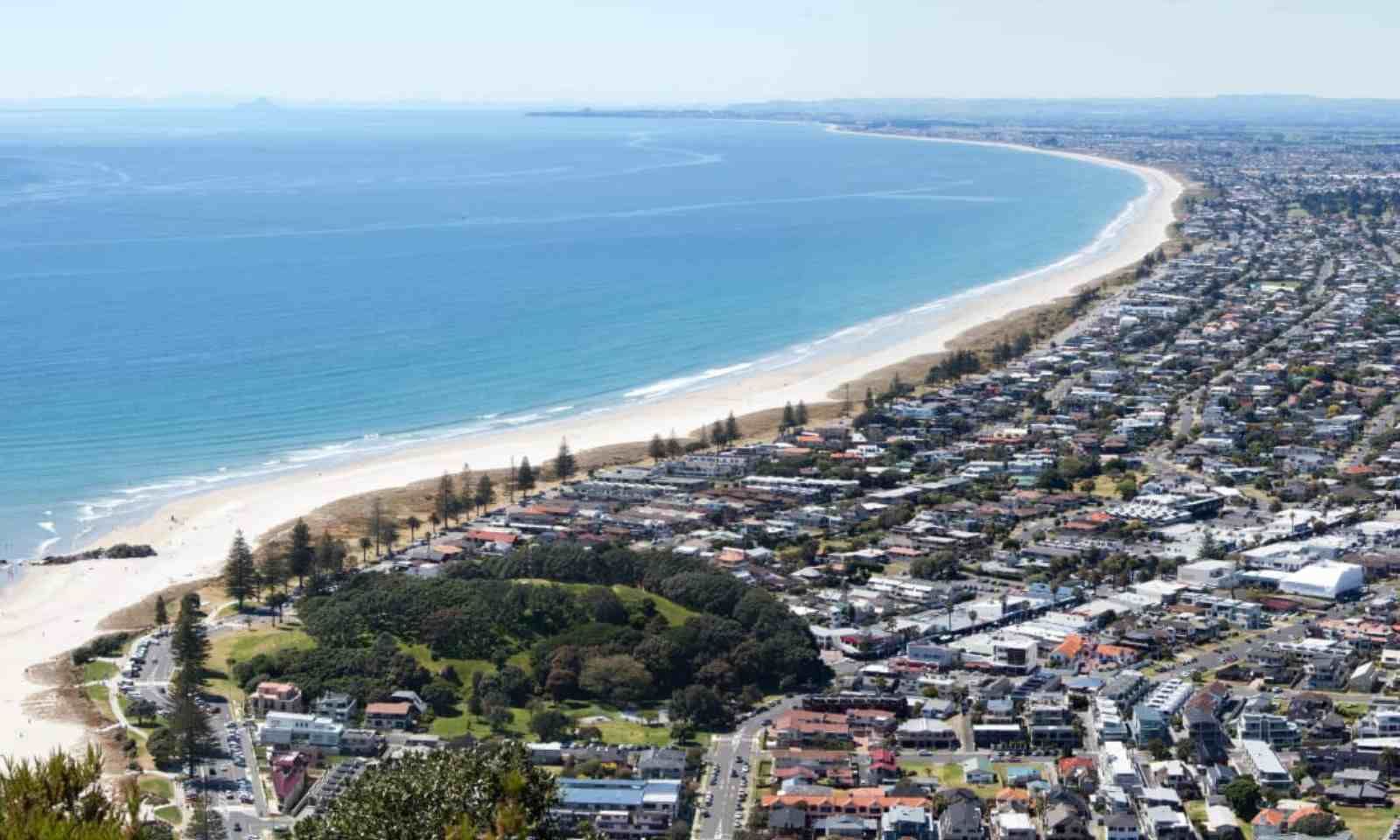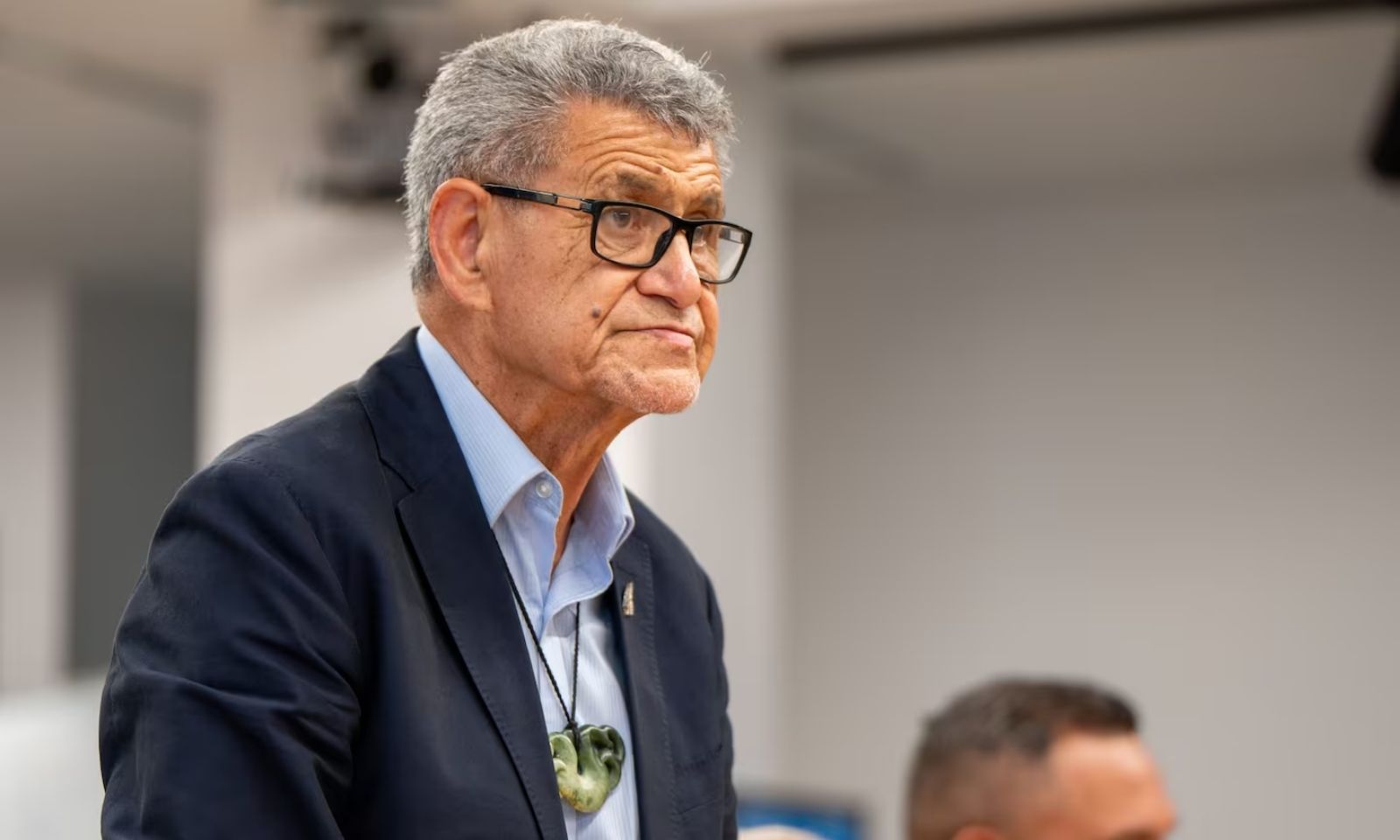

Albert Puhirake Ihaka.
Photo/RNZ/Rosalie Liddle Crawford/Sun Media (LDR).
Returning home to reconnect: Tauranga leader’s inspiring journey recognised
Newly honoured kaumātua Albert Ihaka shares how moving back to his ancestral tūrangawaewae transformed his life.


‘Love is justice, lived out loud’: Reverend Wayne Toleafoa honoured for service


Pacific leaders humbled by recognition in New Year 2026 Honours

Climate disasters in 2025 impact Pacific children, review finds

‘Love is justice, lived out loud’: Reverend Wayne Toleafoa honoured for service


Pacific leaders humbled by recognition in New Year 2026 Honours
A kaumātua, recognised in the 2025 New Year Honours for championing Māori advancement and governance, shared his journey and wisdom of duality to rangatahi.
Albert Puhirake Ihaka (Ngāi Te Rangi, Ngāti Ranginui, Te Arawa, Ngāti Raukawa) was honoured as an Officer of the New Zealand Order of Merit for services to Māori and governance.
“Very humbling and very shocking – I don't know how it was kept a secret from me,” he said.
Ihaka said he thought it might have been a phishing e-mail, but that conversations with others verified it as “the real deal”.
“It reminded me of what I had done in the last 25 to 30 years, and I took a very reflective attitude over the next day or two.”
The annual list celebrates individuals who demonstrate remarkable service and achievement across various fields, reflecting national appreciation for their efforts.
A legacy of service
Ihaka is a long-standing leader of Ngāi te Rangi iwi, Ngāti Tapu hapu, and Waikari Marae.
His work included driving research for the Ngāi te Rangi Waitangi Tribunal Treaty claims, managing post-settlement resources and shaping civic partnerships within the Tauranga City Council.
Ihaka has held roles as Chair or co-Chair of prominent property entities such as the Tangata Whenua Collective and Otamataha Trust, while also lending expertise to fisheries governance at both regional and national levels.
Iwi protested after the council revoked the decision on the Otamataha land block.
Ihaka considered himself part of the “lost generation” of Māori, who, through the generations, had lost their reo Māori and contact with their taha Māori and Māoritanga.
Three decades ago, Ihaka decided to return to Tauranga from Auckland due to feeling stuck “in a rut, doing the same thing for a long time”.
He felt it was the right time to return to his tūrangawaewae, and although he was not born in Tauranga, he felt a strong connection to “the home of my father's ancestors”.
“That was the turning point of my life … I almost was born again into a new world - I was a very urban Māori before I came back home.”
Among his achievements, Ihaka was instrumental in establishing Te Pou Takawaenga, Tauranga City Council’s Māori Relationship Unit, and contributed to policies that included the creation of a Māori Ward.

Tauranga city is about a 2.5-hour drive from Tāmaki Makaurau. Photo/ Supplied
He acknowledged many supporters around his community service, but especially honoured his late wife, Raewyn Gay Ihaka, who passed away two years ago.
“I acknowledge her because of having to put up with such a drastic change of life, which obviously suited me probably more than her.
“She stood by me and supported me all that time up until she had unfortunately passed away.
“There's just so many other people I could write out a list that would take up three or four pages of people. It was just everybody, all the people I came into contact with in every step of the way who helped me in terms of learning everything.
“It was that whole journey - the people along the way who mentored me, taught me, and supported me.”

Otamataha Trust chairperson Puhirake Ihaka pushed for the Tauranga civic whare, exhibition gallery, and museum project to represent the relationship mana whenua had built with the council. Photo/David Hall
A lifelong learner
As a grandfather with mokopuna transitioning to adulthood, Ihaka underscored the importance of balance for rangatahi, encouraging youth to strive for proficiency in both te ao Māori and the world of Pākehā.
He said he’s still learning himself, and that he hopes one day he will be comfortable in both.
“What I say to the rangatahi, is try to do both at the same time if you can.
“There are things you have to do in your lives which helps you to live in the New Zealand Pākehā world, and there are things you have to do to return to your roots, return to your Māoritanga, and grasp all of that, all the cultural way of doing things.
“Learn as you go along from the beginning. Don't try to do one and then learn the other later. It's very long, hard, and difficult.
“But if you're moving along in both, then you will mature in both, and you'll become a complete person in both. That's my legacy I leave behind.”